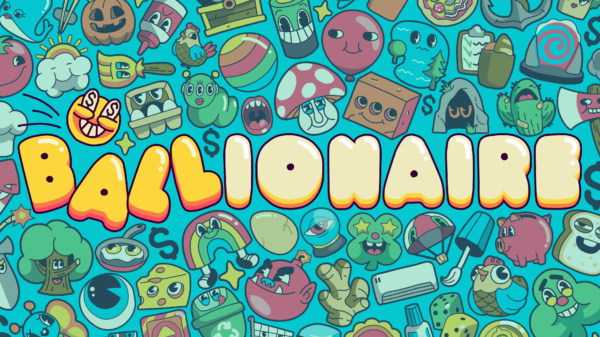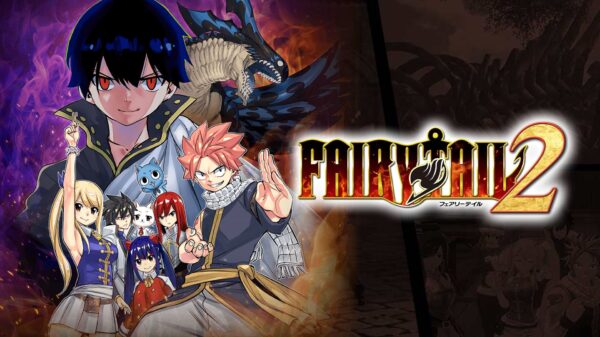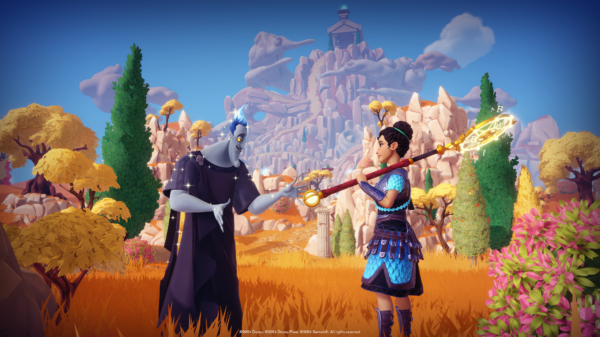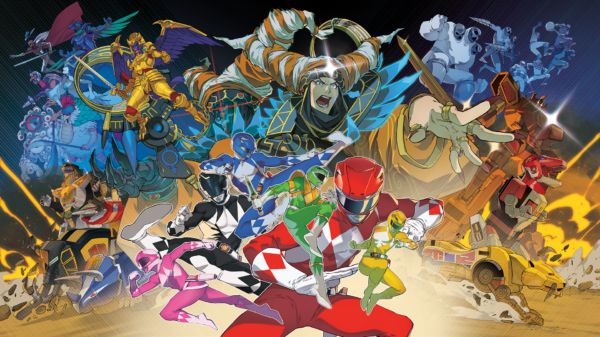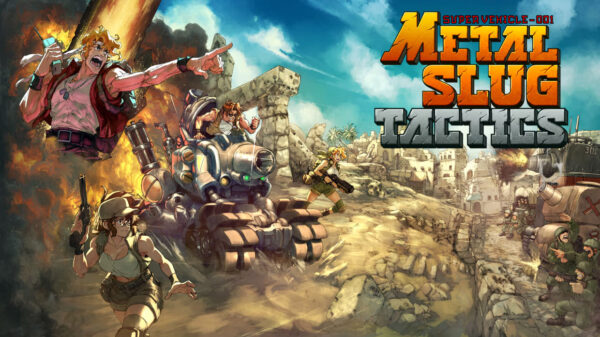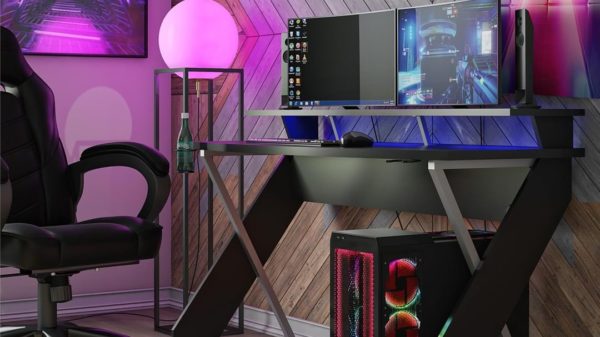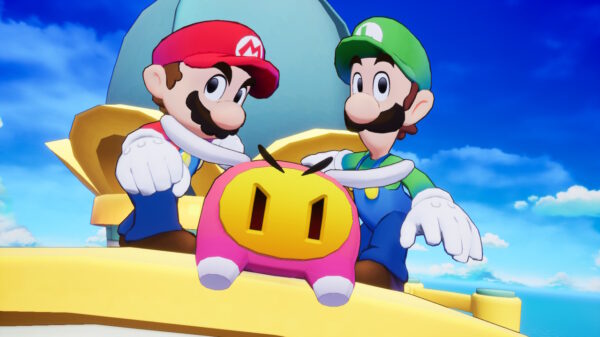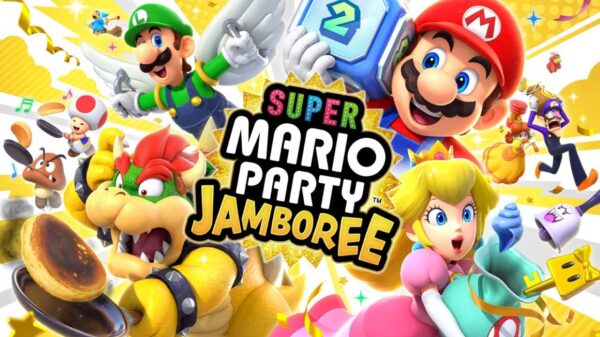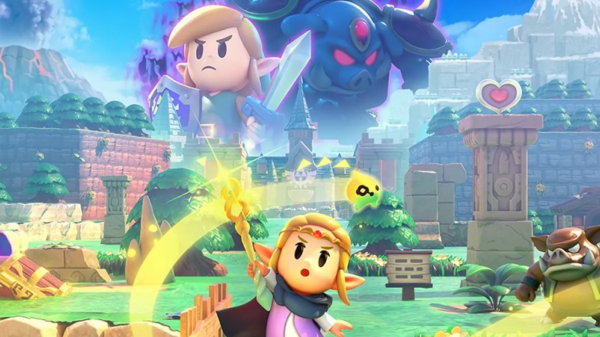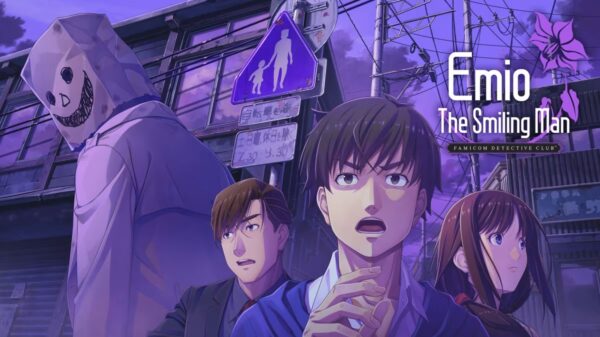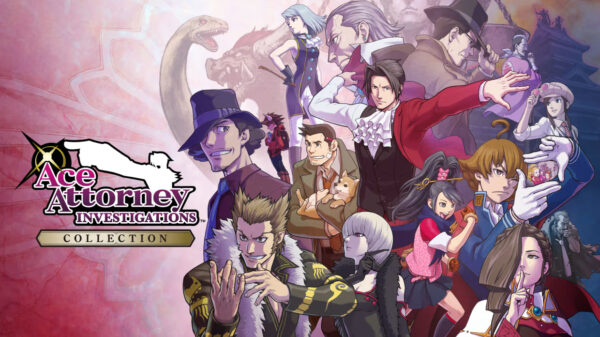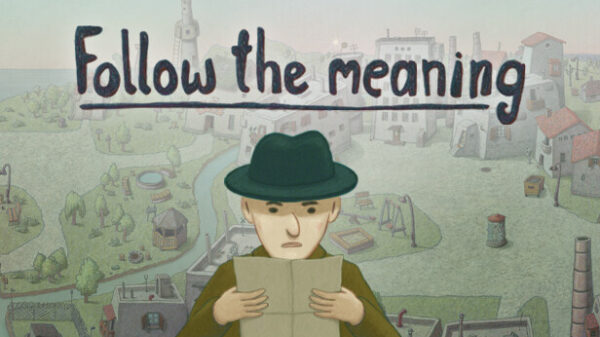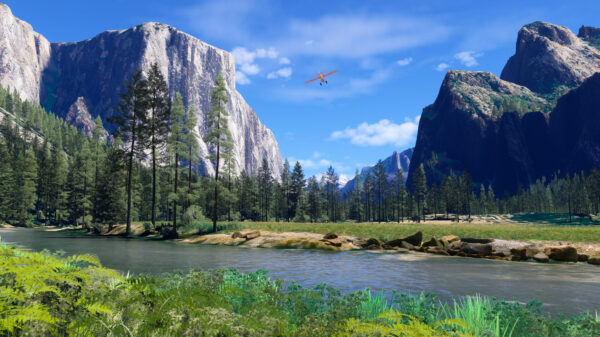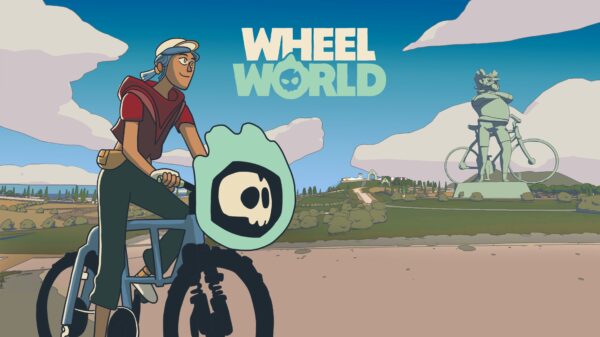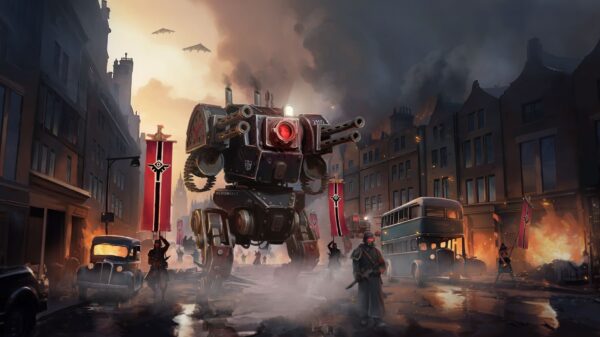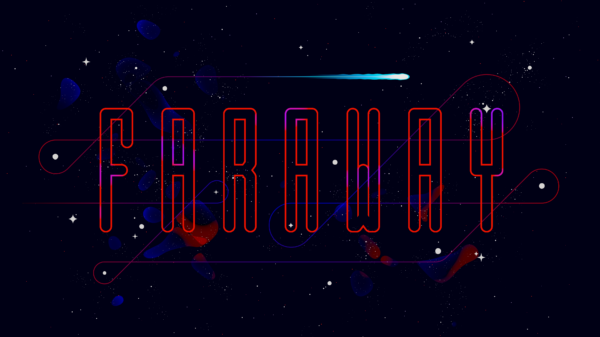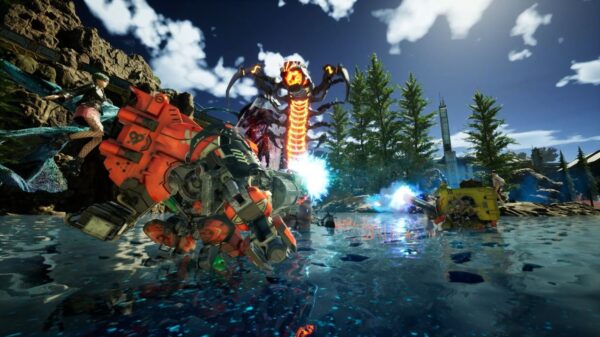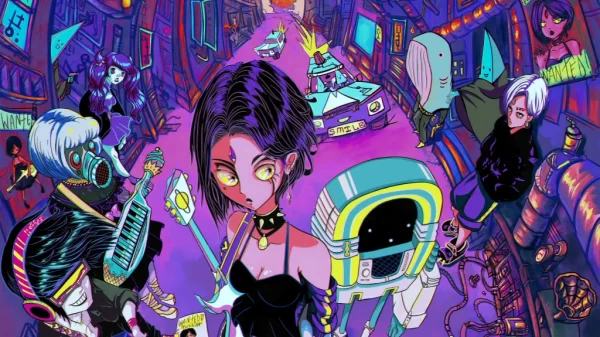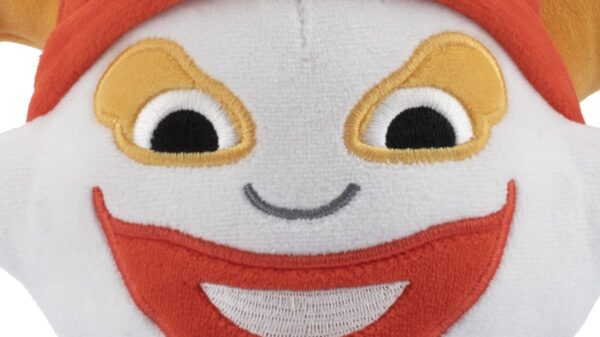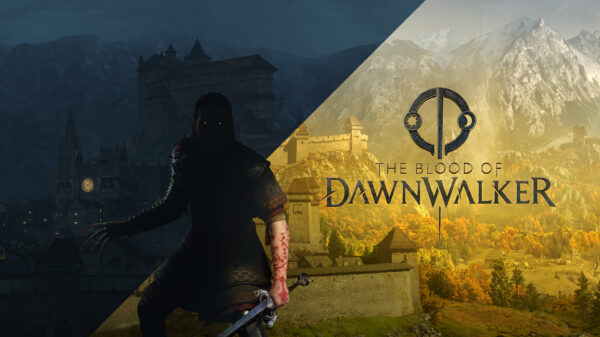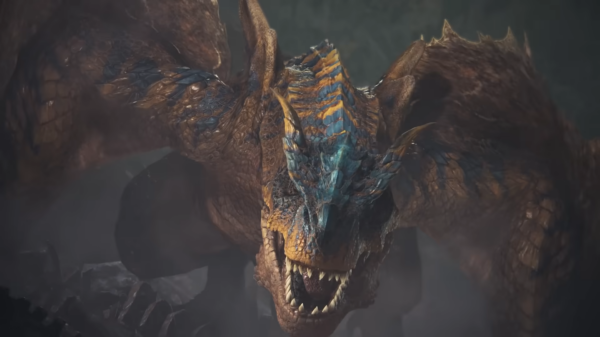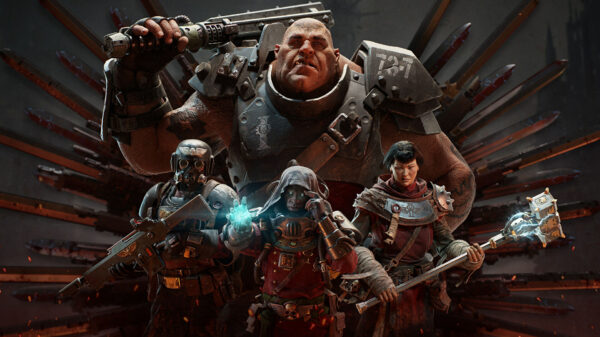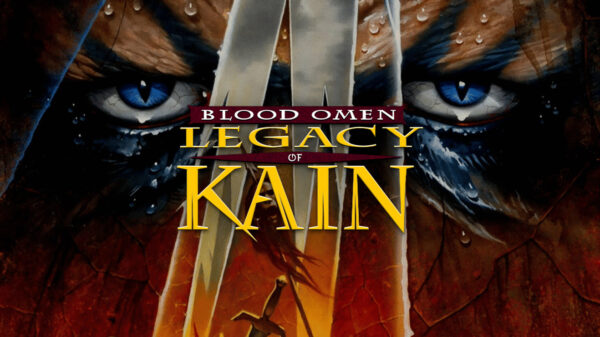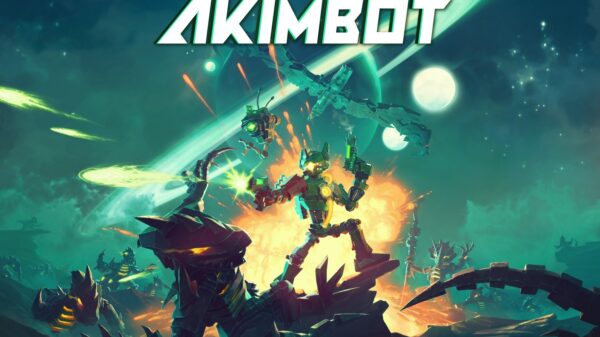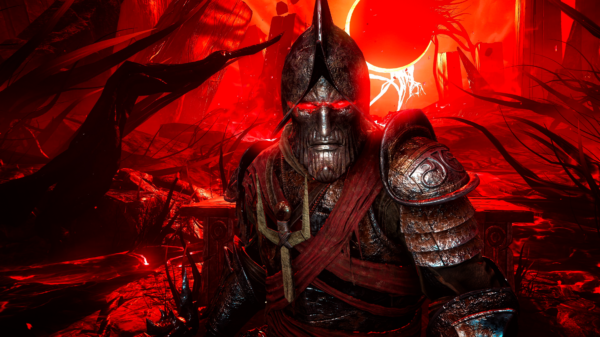Chris Reese from Bend Game Studio has a demonstration of the new PSP Resistance title:
Also to note, a nice Q&A with John Garvin:
1. How will you translate the PS3 Resistance experience onto the portable screen?
For us, Resistance is all about killing powerful aliens with powerful weapons in a cool alternate-history 1950’s setting. Our goal from the beginning was to capture the essence of Resistance’s core gameplay, while at the same time putting our spin on it. The “Bend Game Studio†spin is all about creating a fun game that is also a dramatic, in-depth story. We knew we wanted a sequel that took place right after Resistance: Fall of Man, but before the events in R2. While playing through RFOM I had discovered a few elements that I thought were great story hooks — things like the Cloven, or the fact that we never saw any female Chimera, so I spent some time talking to Ted Price and the guys at Insomniac, pitching ideas I had about where we could take the Resistance story on the PSP. They loved our story so we just went with it. The PSP game is probably a little more “intimate†— if you can use that word on an experience where you’re blasting the hell out of aliens — because the game focuses on the personal story of a new character we created — a British private named James Grayson. After a personal tragedy, Grayson goes on a vendetta to destroy every Chimera conversion center he can find. Eventually he learns that his efforts have been futile… in France, Germany, the Netherlands, the Chimera have evolved and now use a new method of converting humans to aliens. The French resistance, called the Maquis, enlist Grayson’s help, and he joins Cartwright and Parker in Operation Overstrike — the beginning of the war to retake the European continent. So we have a great personal story, as Grayson tries to come to terms with his own demons, set against the backdrop of a horrible war fought in places like Rotterdam, Luxembourg, Bonn and Paris.
2. What is the best thing about developing for PSP?
The thing I like best about PSP is the team size. At Bend Game Studio we have about 40 team members, which is a great size for a team. We have enough key talent to make AAA games that have high production values, but we’re small enough that everyone knows everyone and we get stuff done without a lot of middle management.
3. What is your favorite game on PSP?
My personal favorite is still Syphon Filter: Dark Mirror or Syphon Filter: Logan’s Shadow, mostly because I poured so much creative energy into them. Two games that I finished this year, and really loved, were God of War and Patapon. Two really different games in terms of subject matter, genre, and style, but each a lot of fun in it’s own way. In fact, these two games are really good examples of why the PSP is such a great hand-held platform. You have a quirky game like Patapon that sort of carves new territory in the “rhythm / action†genre, and a really good translation of a hard-core console action title, side by side on my gaming shelf. And you won’t find a game like GOW on competing hand-helds anytime soon.
4. What is one of your guilty pleasures when it comes to PSP games?
Playing games late at night while in bed. Seriously. It seems like the only time I can find to catch-up on my PSP games is late at night and there’s no more comfortable place to kick back than in bed. With the headphones on, I don’t keep my wife awake, though she was getting irritated when I was playing God of War because it’s hard not to get vocal when you die. To me, portable doesn’t just mean “play on a bus or an airplane,†it means, “play anywhere that isn’t your couch in front of your PS3.†😀
5. Where is the weirdest place you have ever played your PSP?
See above.
6. What is your favorite non-gaming PSP feature? Why?
Probably the web stuff. The PSP’s a pretty good platform for checking news… the screens a little bigger than my Blackberry’s, and websites are easier to navigate. Next would be the ability to watch movies on it — while flying, it’s a lot more convenient to watch a movie on my PSP than on my laptop.
7. How will you push the PSP hardware with Resistance?
We’re pushing it pretty hard. As you know this is our third game on the platform and we’re constantly making improvements to our engine. Chris Reese, the Technical director and co-studio director, pushes his tech team pretty hard. We’ve done a complete upgrade on our animation system, adding support for multiple skeletons so we could implement all the different types of Chimera; we’ve upgraded our character system, adding specular highlights so you can see light reflecting off of Grayson’s leather jacket; we’ve also upped the size of our character textures so everything looks crisp and clean; we’ve put in a more robust streaming system so we can have more detail in the levels, more sounds, more character models, more animations; we’ve created an entirely new enemy system so that we can have more of them on screen at once — in Logan’s Shadow, you might see 4-6 terrorists at a time, not in Resistance: Retribution, you can see 15 Leapers at once. We’ve also optimized a lot of systems in order to push out our drawing distance so we could attempt to capture the sheer scale of the Resistance vistas. So far the team is doing a great job capturing the Resistance look and feel.
8. This is your third PSP game; what have you learned over the last two projects that you can apply to Resistance?
Aside from all the technical and engine enhancements noted above, we’ve learned a lot about making shooters fun on the PSP. We’ve taken the aiming system that we refined in Logan’s Shadow and Dark Mirror, and we’ve simplified it into an aim assist system that we think is pretty revolutionary on the PSP — we wanted to make the game as easy to play as we could by reducing the reliance on using the four face buttons to aim — but at the same time, not take away the sense of “skilled†shooting that a game like Resistance provides. The other thing I think we’ve learned how to do well on the PSP, is crafting a compelling player experience. For us this is a combination of challenging combat scenarios, creative level design, and dramatic storytelling. We don’t want the game to get repetitive, so we break up the pacing of the game play, we add new challenges, we create unexpected story hooks, we give the player reasons to look around, we create areas where they have to use their heads as well as their weapons. As long as we end up with a game that we want to play ourselves, we’re pretty happy.
Resistance Retribution – Developer Interview and Walkthrough [PS BLOG]

